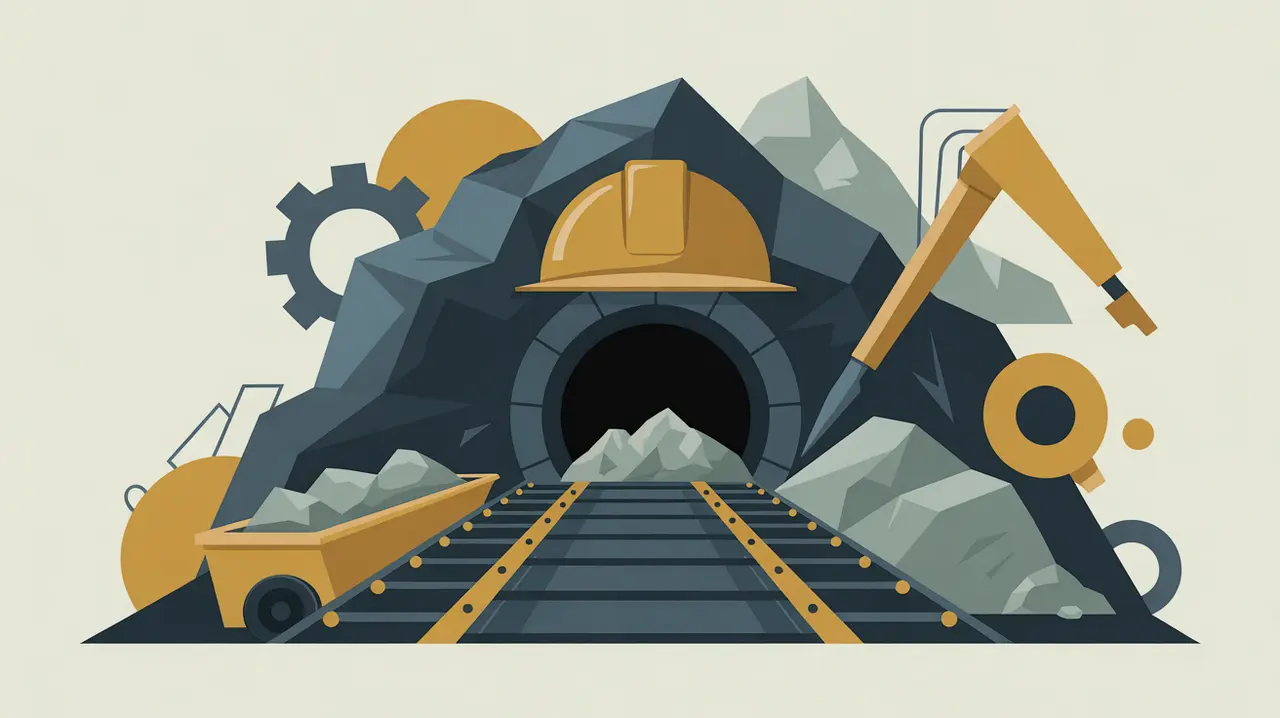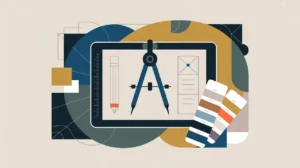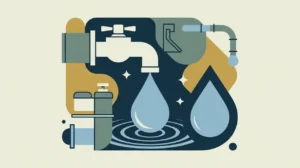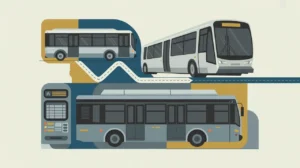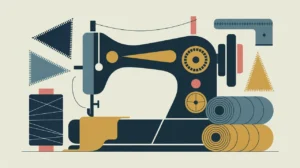Importance of Mining
Mining is a cornerstone of industrial and economic development, providing the raw materials needed for construction, energy, technology, and manufacturing. In international development, mining contributes to GDP, export earnings, and job creation, especially in resource-rich countries. For nonprofits and social innovators, mining matters because it directly affects proximate communities, often bringing both opportunities for livelihoods and risks of environmental damage or social disruption. Its importance lies in balancing economic benefits with sustainability and equity.
Definition and Features
Mining refers to the extraction of minerals, metals, and other geological materials from the earth. Its defining features include:
- Resource Provision: supplying essential inputs for infrastructure and technology.
- Economic Impact: significant source of government revenue and foreign exchange.
- Environmental Risks: land degradation, water pollution, and biodiversity loss.
- Social Dimensions: impacts on labor, health, displacement, and community relations.
How this Works in Practice
In practice, mining spans artisanal and small-scale mining (ASM) to large-scale industrial operations. For example, gold and diamond mining in Africa contributes heavily to exports, while coal and iron ore extraction underpin industrial economies. Development agencies often focus on governance reforms, corporate accountability, and ASM formalization to increase benefits for local communities. Challenges include corruption, unsafe working conditions, environmental degradation, and the “resource curse,” where wealth from mining undermines broader development goals.
Implications for Social Innovation
Mining has significant implications for social innovation because it intersects with governance, environment, and livelihoods. Innovations such as transparent supply chains, community benefit-sharing agreements, and cleaner mining technologies aim to reduce harm and improve equity. For proximate actors, fair and responsible mining practices determine whether local communities gain from or are harmed by extraction. Mining is essential for economic development but must be managed responsibly to ensure sustainability and justice.
